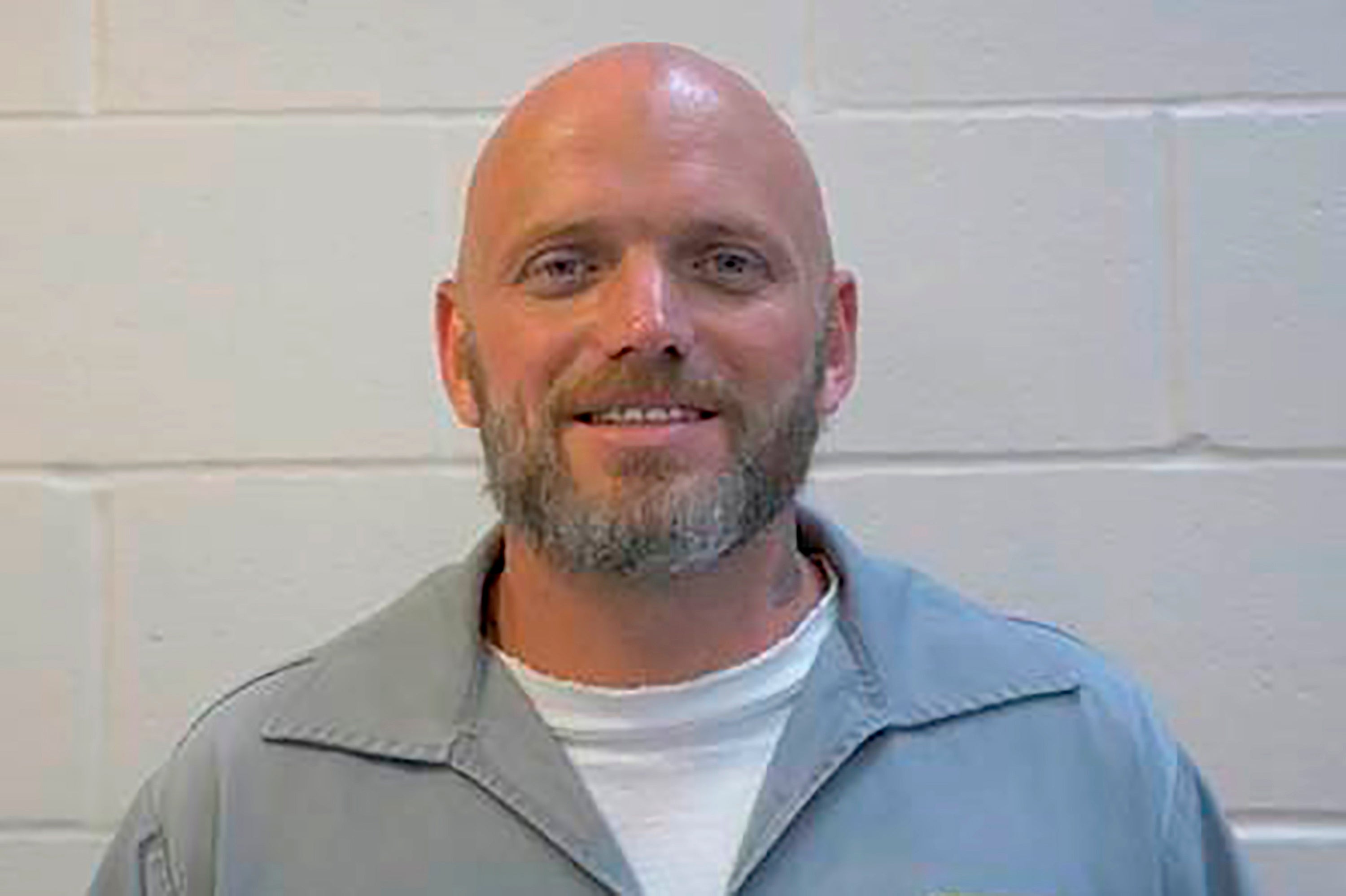Son's conviction in Missouri woman's 1998 death questioned
Two groups that work to overturn wrongful convictions are asking the Missouri Court of Appeals to reconsider the conviction of a Missouri man who has served more than 22 years in prison for the death of his mother

Your support helps us to tell the story
From reproductive rights to climate change to Big Tech, The Independent is on the ground when the story is developing. Whether it's investigating the financials of Elon Musk's pro-Trump PAC or producing our latest documentary, 'The A Word', which shines a light on the American women fighting for reproductive rights, we know how important it is to parse out the facts from the messaging.
At such a critical moment in US history, we need reporters on the ground. Your donation allows us to keep sending journalists to speak to both sides of the story.
The Independent is trusted by Americans across the entire political spectrum. And unlike many other quality news outlets, we choose not to lock Americans out of our reporting and analysis with paywalls. We believe quality journalism should be available to everyone, paid for by those who can afford it.
Your support makes all the difference.Two groups that work to overturn wrongful convictions argued in a petition filed Monday that a Missouri man who has spent more than 20 years in prison for killing his mother did not commit the crime.
Michael Politte was convicted of second-degree murder and sentenced to life in prison in 2002. He was 14 when his mother, Rita Politte, was burned to death inside their home in Hopewell, eastern Missouri, in 1998.
The Midwest Innocence Project and the MacArthur Justice Center argue in the petition filed with the Missouri Court of Appeals Western District that Politte was convicted because of a biased investigation, faulty science and an incompetent defense at trial.
They asked the court to release Politte from custody, conduct an evidentiary hearing, or appoint a special master to investigate his case.
The Missouri Attorney General s office did not immediately respond to a request for comment Monday.
Michael Politte and a friend were sleeping at the mobile home when they both awoke to smoke early on Dec. 5, 1998. Michael told authorities he found his mother's burning body in her bedroom as he and his friend tried to escape, according to the petition. She also suffered blunt force trauma to her head.
The petition alleges fire investigators quickly decided the fire was started with gasoline, and police immediately zeroed in on her son as a suspect, although no blood or other injuries were found on him. Investigators also said he did not show much emotion or remorse in the days following his mother's death.
Law enforcement did not investigate other viable suspects, including Politte's father — recently divorced from Rita Politte — who had been ordered to pay a “significant” financial settlement the week before she died, the attorneys say. Witnesses also said a cousin of Politte's father was seen around the mobile home shortly after the fire was reported.
“Tunnel vision set in very quickly, which happens in most cases of wrongful conviction,” said Megan Crane an attorney with the MacArthur Foundation “Once they decided on Michael, the investigation was fatally undermined from that point on.”
Throughout frequent interrogation, without an attorney, in the 48 hours after his mother's death, Politte steadfastly maintained his innocence, as he has in the intervening years, Crane said. Before he went to trial, Politte rejected an offer to plead guilty to voluntary manslaughter because he was innocent, she said.
The friend who was at the scene has consistently backed Politte's story, and Politte's two sisters have always believed he is innocent, Crane said.
Politte was held in juvenile custody for four years before he was tried as an adult in January 2002.
The state did not provide a motive for Politte to kill his mother, and its case rested largely on testimony from fire investigators who said the fire was started by an accelerant and that Politte had gas on his shoes — the only physical evidence linking him to the killing.
Those findings were based on fire investigation techniques that have since been discredited, and the state has conceded in the intervening years that Politte did not have gas on his shoes, according to the petition.
During the trial, Politte's attorney presented only half a day of testimony from three witnesses. No experts were called to debunk the fire and gasoline evidence, or to refute the state's arguments that Politte did not show any remorse about his mother's death. Politte's friend was not called, and the attorney persuaded Politte not to testify.
Tammy Nash was a Washington County deputy sheriff in 1998 who helped investigate the killing and also worked in the jail where Politte was initially held. She said in an affidavit that investigators were split on whether Politte was guilty and her doubts grew as she got to know him while he was in jail.
She remembers Politte crying frequently and saying “if my mam was here, she would tell them I would never hurt her and I did not do this,” according to the affidavit.
Nash said she did not believe Politte was “capable of masterminding” the crime and she submitted the affidavit because she believes he is innocent.